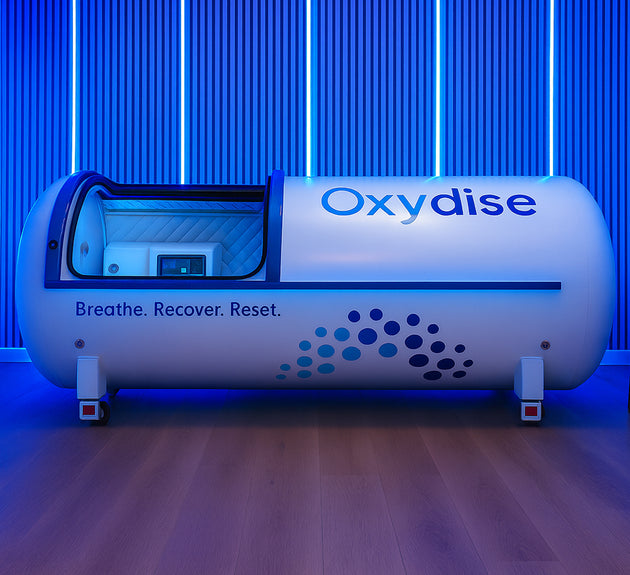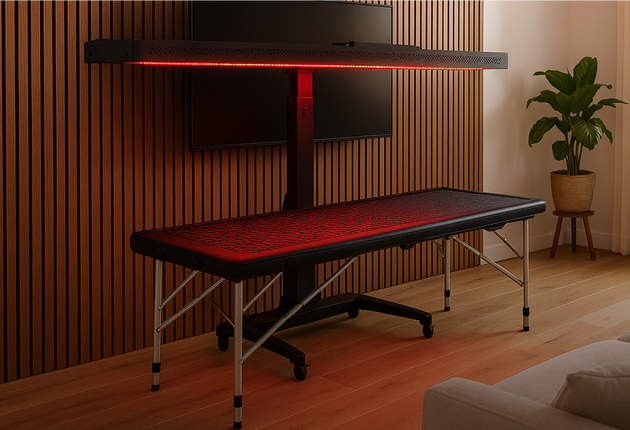Dementia, a condition that affects millions of people worldwide, is often characterized by a progressive decline in cognitive function, memory loss, and difficulty in performing daily activities. Alzheimer’s disease is the most common form of dementia, and until recently, treatments have been limited to slowing the progression of symptoms rather than reversing them.
Recent studies have shown that HBOT may help improve cognitive function in patients with dementia by enhancing brain metabolism and reducing the effects of cognitive decline.
One compelling case involved a 58-year-old woman diagnosed with rapidly progressing Alzheimer’s dementia. After undergoing an 8-week course of HBOT, not only was her cognitive decline halted, but she also experienced significant improvements in her symptoms.
Brain imaging before and after the treatment revealed a substantial increase in brain metabolism, particularly in areas typically affected by Alzheimer’s disease. These findings suggest that HBOT may help restore some of the brain’s lost functions, offering a potential new treatment avenue for dementia patients.
If you or a loved one is struggling with dementia, exploring HBOT as a treatment option could be a step toward improved cognitive function and a better quality of life. As the medical community continues to investigate the full potential of HBOT, this therapy could become a valuable tool in the fight against dementia, providing hope where there was once little.
For a deeper understanding of how HBOT can impact dementia, you can explore this detailed study here.
















